NHSA Blog
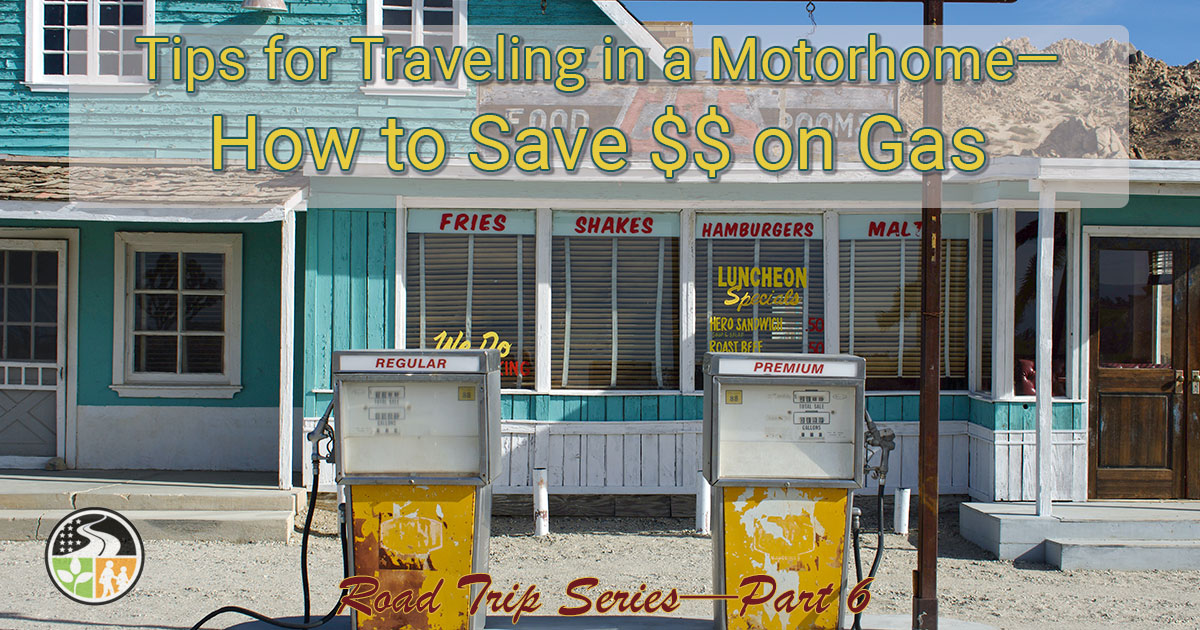
You love to travel in your motorhome—the scenic views, the comfortable seats, and the freedom to travel where you want and when you want. But when it comes time to gas up the motorhome, your heart always skips a beat. How can you lower the costs of gas during your road trip?

You’ve set out on your first adventure with your motorhome. You picked your campsite carefully, arrived without a glitch, and checked in. You’re relieved to see the reserved site is just the size you expected. But how do you set up your motorhome?
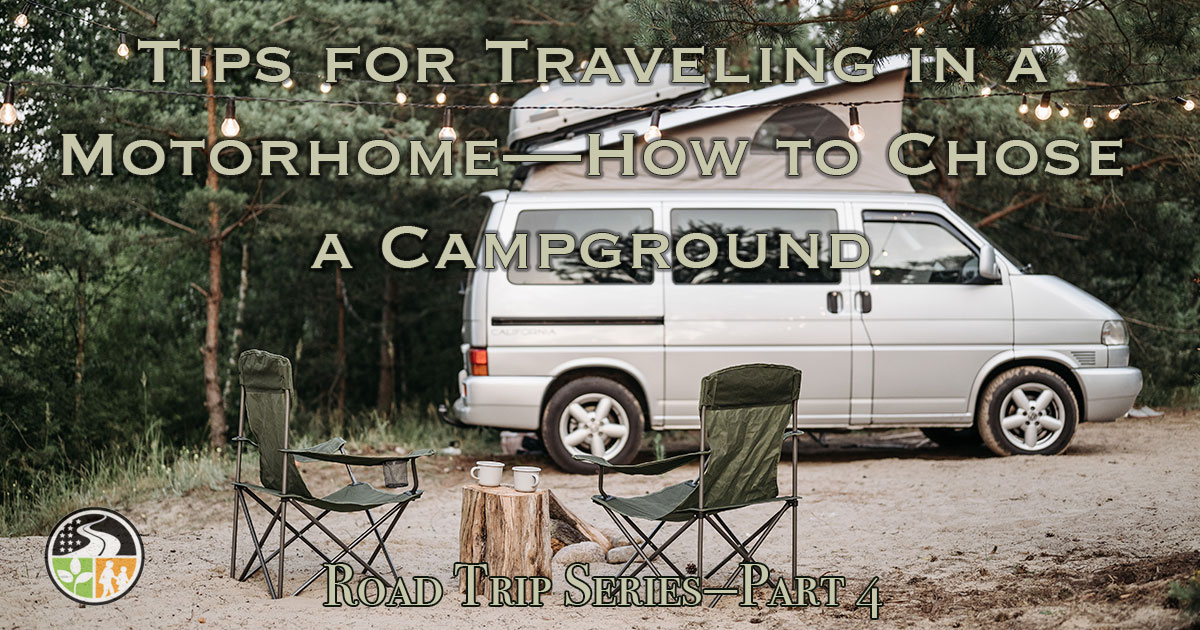
Carefully choosing your campground while traveling in a motorhome may be one of the best ways to ensure a smooth and enjoyable trip. You will eliminate the unpleasant surprises of no sites being available, finding that the sites are too small, or a campground that you simply can’t access because of narrow access roads. To choose a campground, you can start with a simple search in your browser. Just type in something along the lines of “RV campground.”

A trip along the West Coast will take you through deserts and past snow-covered mountains, into lush rain forests, and through the heart of vibrant cities. The West Coast of the United States is a vast area. You may wish to cover it in one mega trip of about a month or to break it up into several shorter 1- or 2-week trips. It’s nearly impossible to sum up the wonder of this area in just one article, but we’ll give you an overview. Let’s start from the north and head south, with a few suggestions of what you might plan to see on your trip.
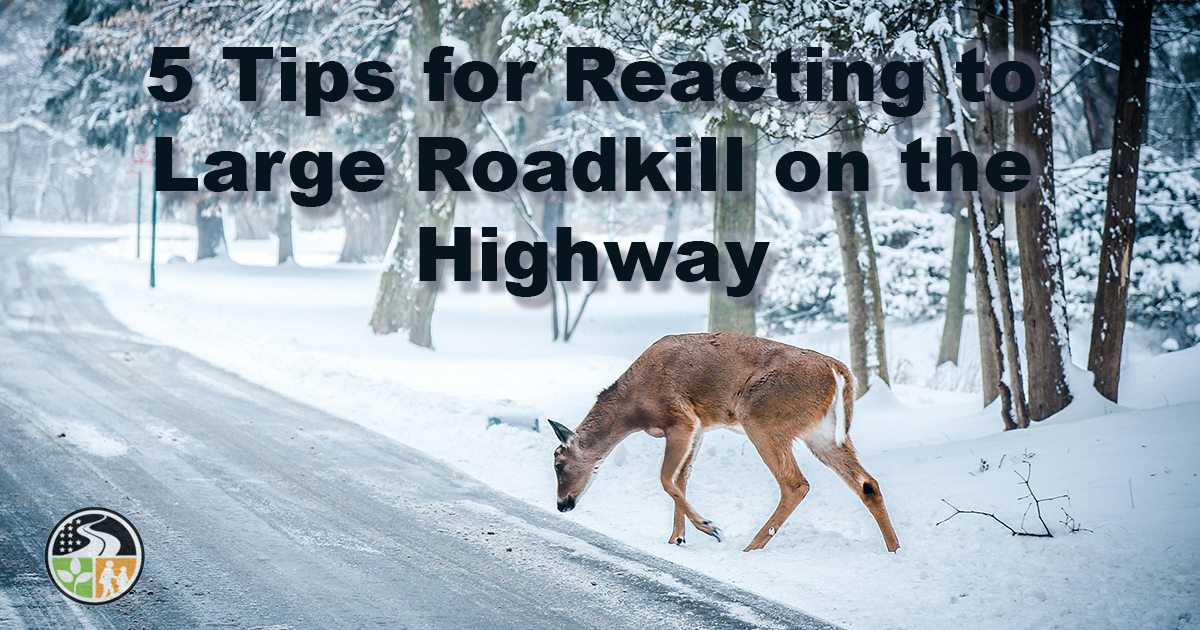
Sadly, sometimes it is not a matter of why an animal attempted a dangerous crossing, but rather what to do when you discover a dead animal on the roadway—especially a large animal. We‘ve attempted to gather up a few observations and tips that you may find helpful. These generally assume that you are a passerby and have not actually been in a collision with the animal. Note: The term “roadkill” is not particularly sensitive, but it does accurately capture the idea. Many animals are killed by vehicles when they venture out of the woods and onto the roads. One website softly refers to them as “tired animals.” However, since this is not a well-known term and could easily be a reference to pandas and sloths, we will stick with roadkill.
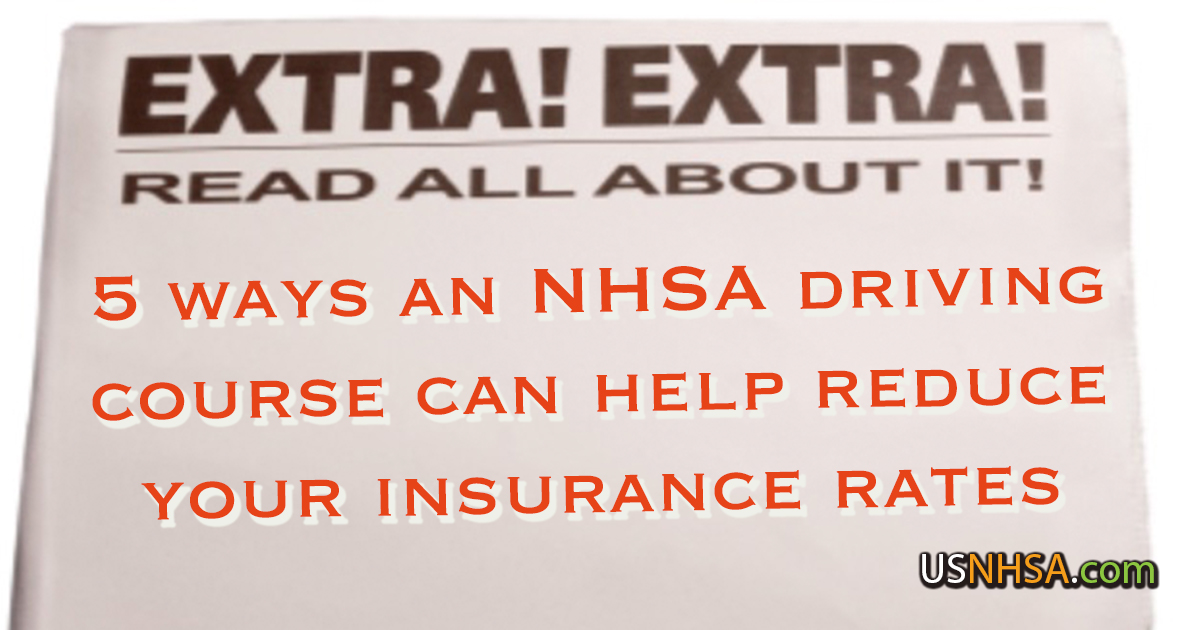
Do you want to reduce your insurance rates? Of course, you do! In many states, you can reduce your insurance by up to 10-15% by taking an online driving course. Online driver safety courses give you all the knowledge and techniques you need to be able to drive safely and legally. How can an NHSA driving course help you comply with DMV requirements and lower your insurance rates? Here are five ways.
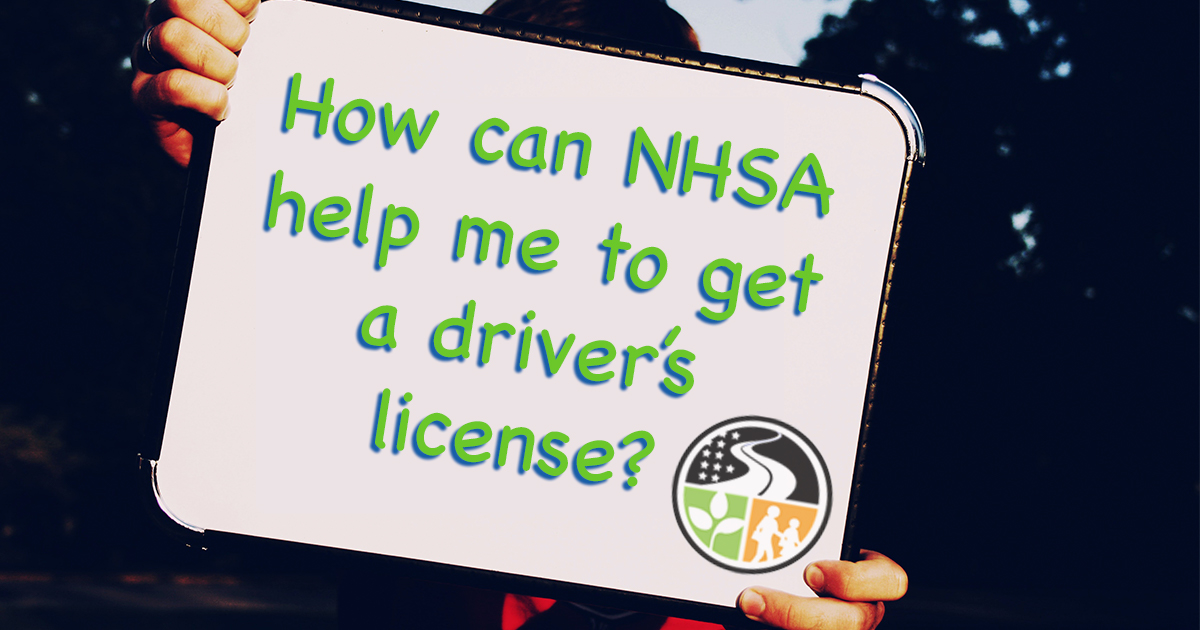
Even skilled and experienced drivers will often admit that they dread having to visit the DMV. Will they get what they need, or will they find out that they are missing some necessary file, proof or signature? There are many requirements for drivers and vehicles, and they vary from one state to the next. That’s why so many teenagers are bewildered by the paperwork and documentation needed to obtain a driver’s license. Perhaps you are almost old enough to drive and you have a sea of questions swirling in your mind. Which documents are required? What steps are optional? Am I old enough to start the process? Does my state allow online driver’s education?
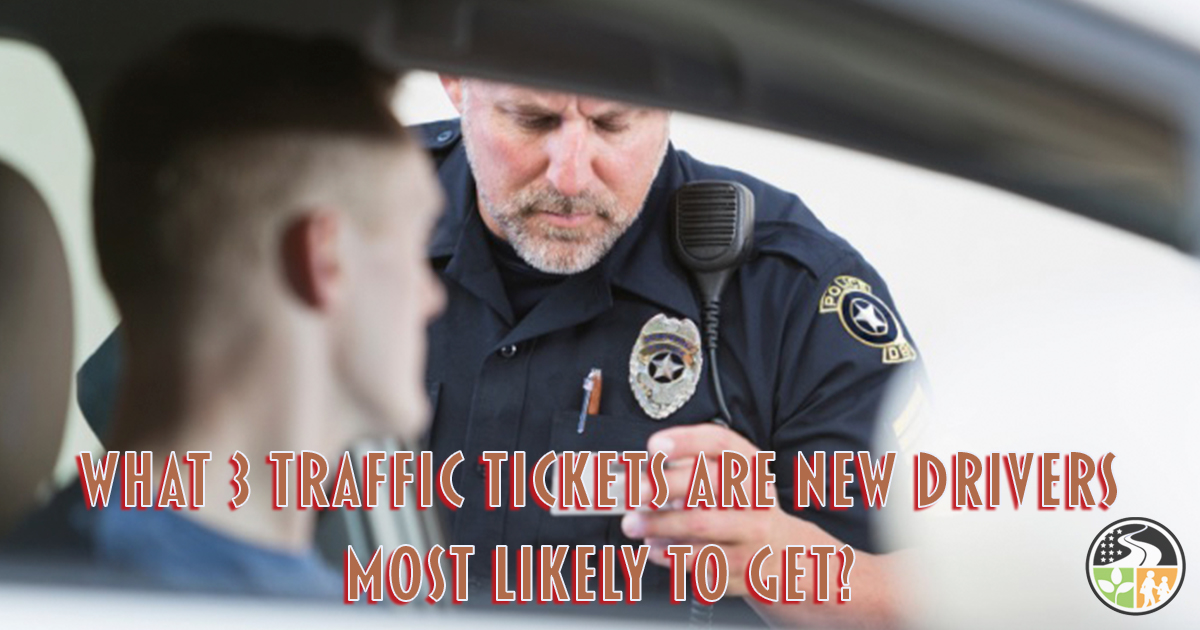
Driver beware! Just being a new driver means you’re more at risk of getting certain tickets. That’s not a result of the police specifically targeting young drivers. It’s simply because new drivers don’t have the experience to “steer clear” of danger, and they’re more likely to drive while distracted. If you want to stay safe and keep your money in your wallet, read about the most common tickets and how to avoid them. What 3 traffic tickets are new drivers most likely to get?
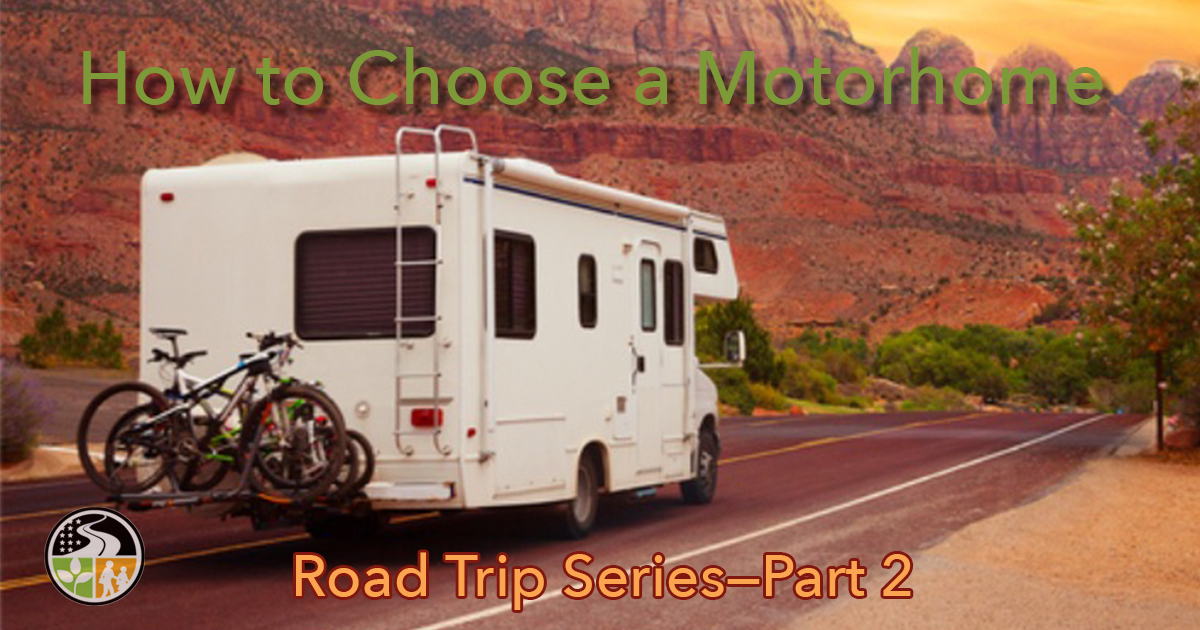
You’ve thought about it for months—or even years—and the decision is finally made. You’re going to buy a motorhome or RV! But now, as you do your research, you realize there are so many options. How can you choose the right motorhome for your needs? Join us as we go over five essential steps to help you choose the best motorhome for you.
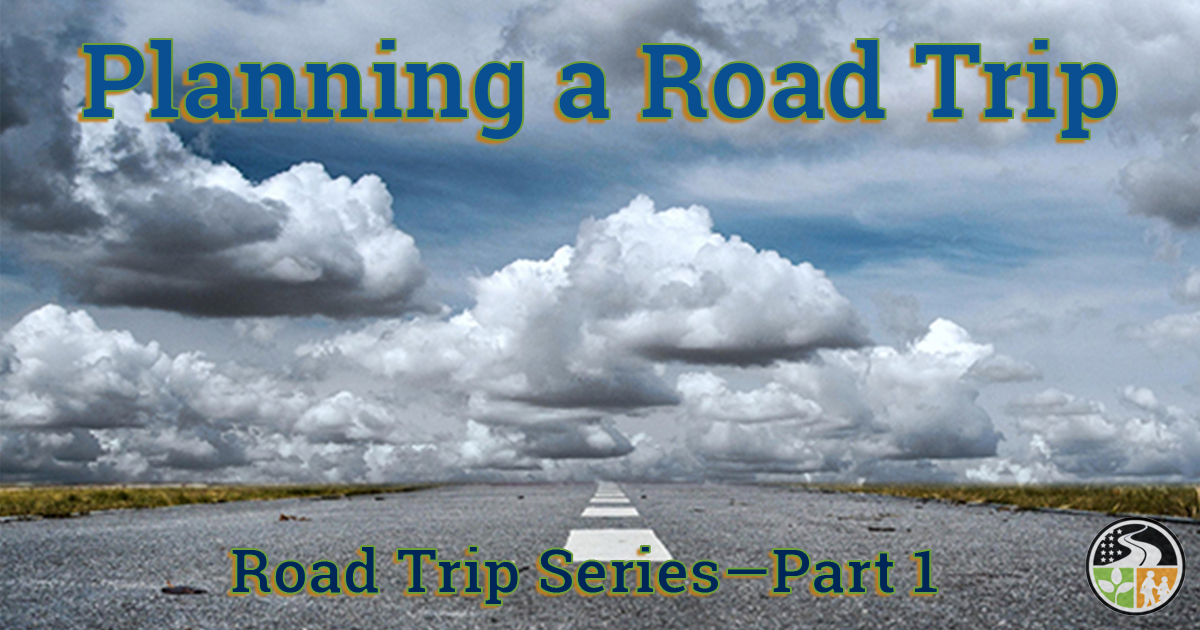
The open road beckons you onward. You feel the thrill of the unknown, the joy of each new discovery and the awe of gorgeous scenery. There’s nothing quite like a road trip. Then there are the killjoys of an empty gas tank, arriving to see that spectacular sunset just one hour too late, or not finding a hotel room because the town is packed with a convention. Planning your road trip is a major key to success. Plan right and none of the above will happen to you. Here are our tips on how to plan a one-week road trip.

